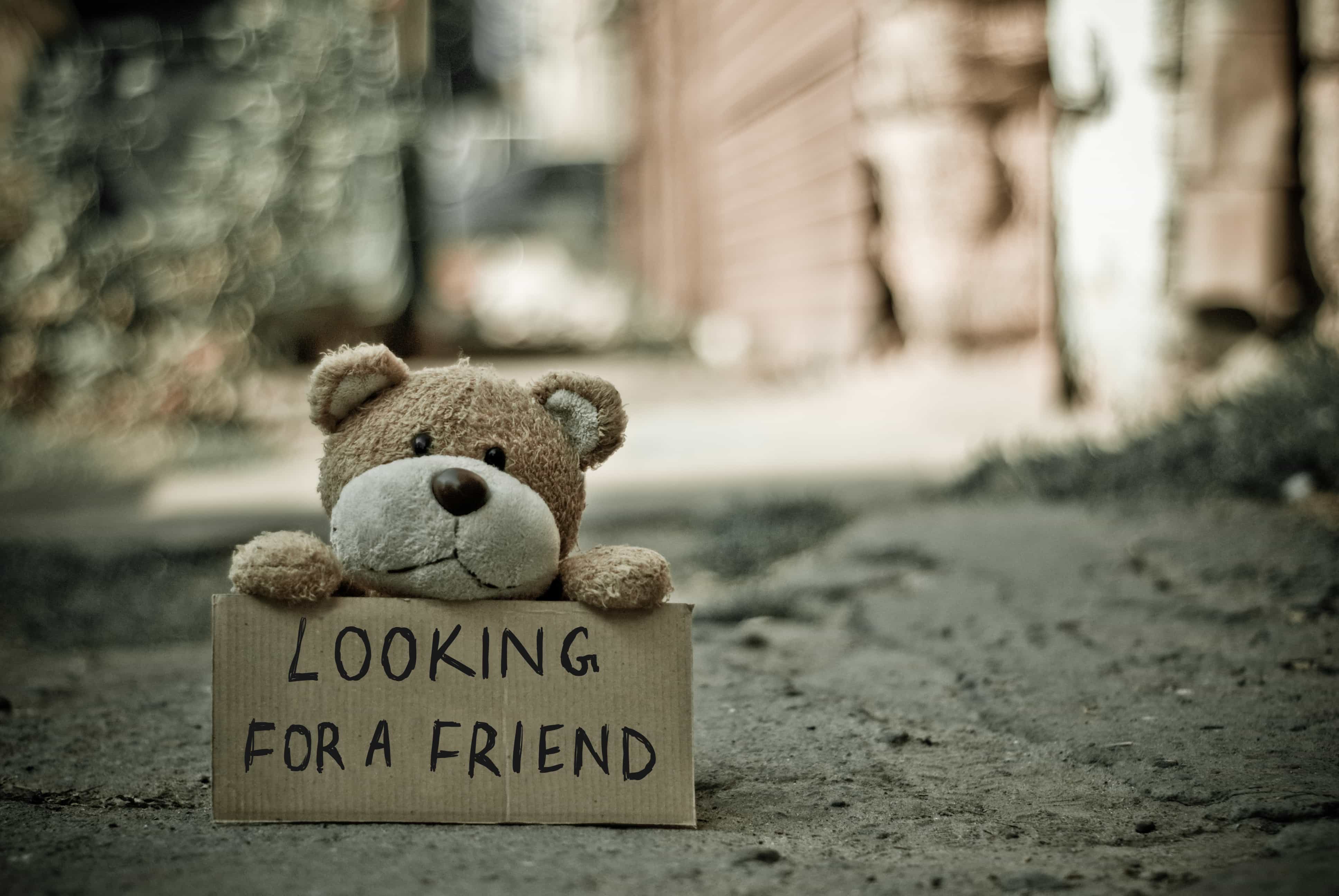How To Deal With Loneliness
Did you know that when asked what they fear most, most people will tell you that it is loneliness. It is not unusual to feel this way because society stresses that we seek outside of ourselves for entertainment and pleasure and there is little training for how to nourish and nurture ourselves.

We have come, often, to define ourselves as others see us and many people miss the idea that we must first be individuals in our own right before we can succeed in relationships.
What is Loneliness?
Loneliness is a deprivation of relating in a satisfying way to others. It is an alienation and often a voluntary withdrawal caused by fer of rejection.
Much has been written on the idea that people create their own loneliness and that lonely people fail to take responsibility for having needs and filling them. Rather, they tend to manipulate others into filling their needs or blame others, luck, or circumstances for their own failure to relate.
How Do You Know If You Are Lonely?
Loneliness has many of the same symptoms of depression. Unconsciously, loneliness tells you that you are not reaching out to others. You feel upset with yourself when you are isolated because you have no way to satisfy social needs. You feel the same anxiety, tension, loss of appetite, sleep problems, and emptiness that depression causes.You know that something is wrong but resist the idea of admitting to being lonely because that may mean we are misfits.
The Reality
Everyone gets lonely sometimes. If you resist the idea that you are lonely you get alienated from others and this blocks intimacy. Running away from the idea of loneliness hurts self-confidence and makes our needs seem overwhelming.
Healthy Ways To Deal With Loneliness
So, you can't block out loneliness from your life. We all experience it sometimes. What can you do?
Start by admitting that you are lonely. All this says is that you do need some relationships in your life. Many times the with drawl that leads to loneliness can follow a traumatic event like a death or divorce.
At these times it is even more important to reach out to others. To fail to do so increases anxiety and it is anxiety that truly makes us sick.
The next step to deciding that you really are lonely, is to focus on the things that you like about yourself. Think about how you can make YOU your own best friend.
Use those lonely times to analyze what loneliness means to you, what it sets off in you, and how YOU might take action to make these periods less awful and more rewarding. In order to be able to plan to enjoy times, you need to know what you like and enjoy.
You also need to differentiate between being alone and being lonely. Sometimes it is good to read a book or watch a movie by ourselves.
The loneliness is accompanied by anxiety and emptiness. When these feelings occur you need to discover when they hit and what causes them. Do things to change your mood.
For example, if these feelings occur as holidays approach, plan ahead and try to arrange to something enjoyable with someone else. Often getting into a physical activity helps. Exercise is wonderful for just about everything. Try changing your scenery by taking a walk, going to the beach or the mountains, taking a ride in the car.
In summary, there is no way to escape loneliness. Denying it doesn't work. It makes it worse. Solitude is different from loneliness. That is the choice to be alone and to enjoy oneself. When you are lonely, as opposed to desiring to be alone, take steps through activity to change the situation. If you have trouble reaching out to others at this point, it may have to do with how you see yourself. Keep yourself reminded of all the things that are good about you and then share those things with someone else. Both of you will benefit.
Did You Know? People who have confronted loneliness and accepted it, often feel a sense of accomplishment and do not fear that loneliness will overcome them.
